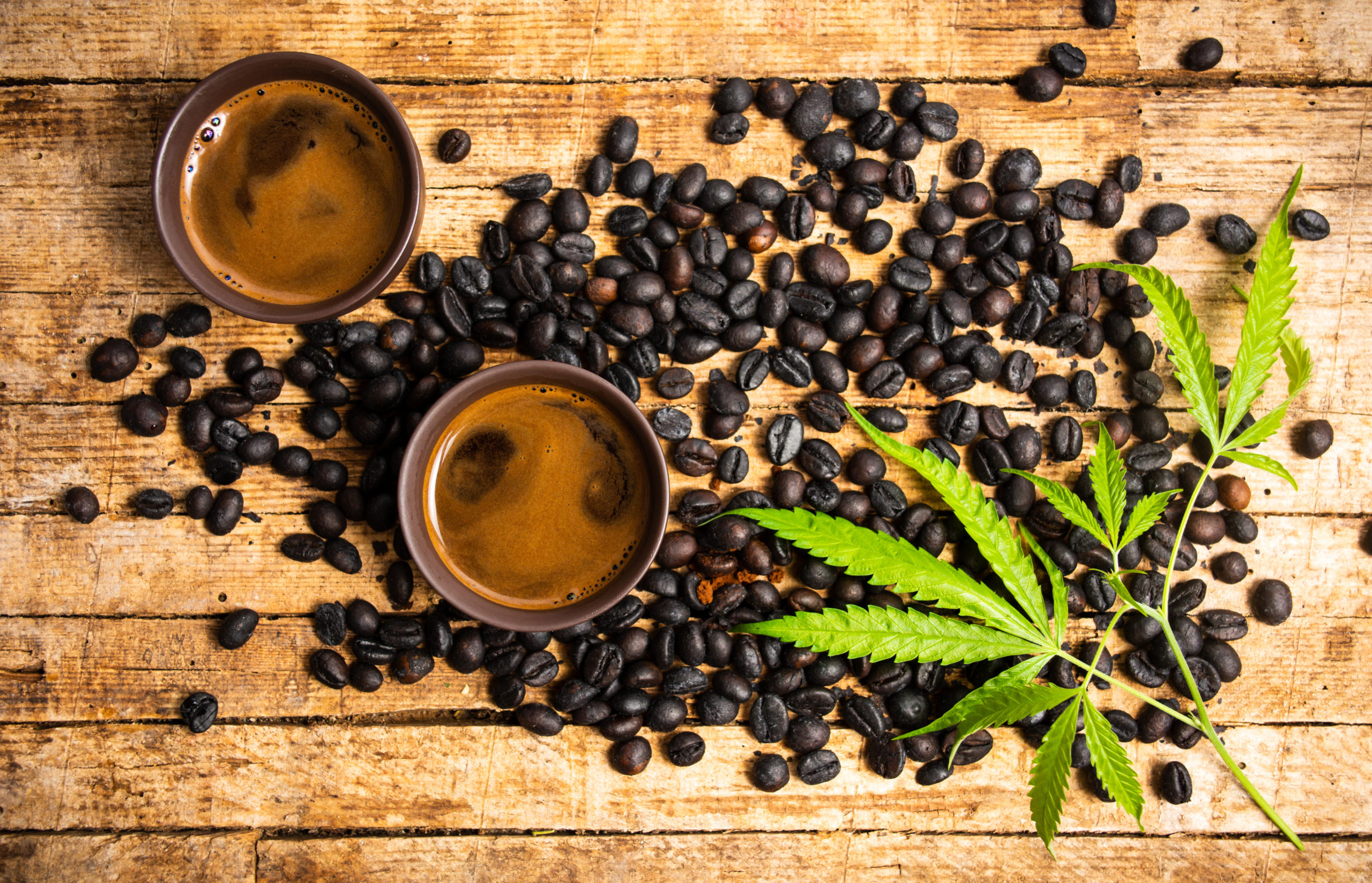
Study shows cannabis flowers are useful for reducing fatigue
A study titled “The Effects of Consuming Cannabis Flower for Treatment of Fatigue” was published in Medical Cannabis and Cannabinoids in April. The authors conducted the interview through the University of New Mexico (UNM) business and psychology departments, as well as through MoreBetter, the developer of an app called Releaf, which was used in this study to track consumption.
The study analyzed 1,224 people who performed 3,922 cannabis flower consumption sessions using the Releaf app between June 6 and August 7, 2019. Participants recorded their levels of fatigue before and after consumption and also added notes about the specific strain and properties they consumed.
The results described that an average of 91.94% of the participants felt that their overall fatigue decreased after using cannabis. Researchers found that certain strains labeled as indica, sativa, or hybrid had no positive/negative effect in fighting fatigue. However, participants who smoked joints felt more relieved of fatigue than those who opted to smoke through pipes or vaporizers.
The authors also wrote that less than 24% of consumers experienced negative side effects (described as “lack of motivation or couchlock”), while about 37% experienced more positive effects (like “feeling active, energetic, boisterous, or productive”). “The results suggest that the majority of patients experience reduced fatigue from the use of cannabis flower consumed in vivo, although the magnitude of the effect and the magnitude of the side effects experienced are likely related to individual metabolic states and synergistic chemotypic properties of the plant vary.”
In an interview with Benzinga, research author Dr. Jacob Miguel Vigil that the results of this study were the complete opposite of the pre-existing stigma that still exists in relation to cannabis. “Despite the conventional belief that frequent cannabis use can lead to decreased behavioral activity, goal pursuit and competitiveness, or what academics refer to as ‘amotivation syndrome,’ people tend to actually experience an immediate surge in their energy levels immediately after using cannabis. ‘ said Vigil.
Both Vigil and Dr. Sarah Stith from the Department of Economics at UNM was surprised that cannabis reduced fatigue in so many participants. “One of the most surprising findings of this study is that cannabis resulted in an improvement in symptoms of fatigue in general, and not just in a subset of products such as those mentioned.
“At the same time, our observation that the major cannabinoids tetrahydrocannabinol (THC) and cannabidiol (CBD) were largely uncorrelated with changes in feelings of fatigue suggests that other smaller cannabinoids and phytochemicals such as terpenes may have a greater impact on the effects of cannabis use than accepted so far,” said Vigil. “I anticipate that in the near future patients will have the ability to access more individualized cannabis products with different and known combinations of chemical profiles to address their specific health needs and lifestyle.”
MoreBetter’s Releaf app used in this study was designed to help medical patients and recreational users track their consumption data, essentially demystifying cannabis. MoreBetter COO Tyler Dautrich issued a statement to Benzinga regarding the study results. “This obviously has implications for patients who experience fatigue as a symptom of their health condition, but we also believe it may lead to healthier options for individuals managing general everyday fatigue,” Dautrich said.
The link between reduced fatigue and cannabis use is a relatively new topic of study, but analyzing cannabis use and exercise has recently become a popular topic. Last summer, Olympic runner Sha’Carri Richardson’s suspension for failing a drug test sparked much debate and studies analyzing that cannabis is not a performance-enhancing drug.
In December, the University of Colorado, Boulder, announced it was conducting a “first of its kind” study on cannabis and exercise with 50 paid volunteers. In the study, participants will consume either a CBD- or THC-dominant strain and, when the effects wear off, run on a treadmill for 40 minutes.

Post a comment: